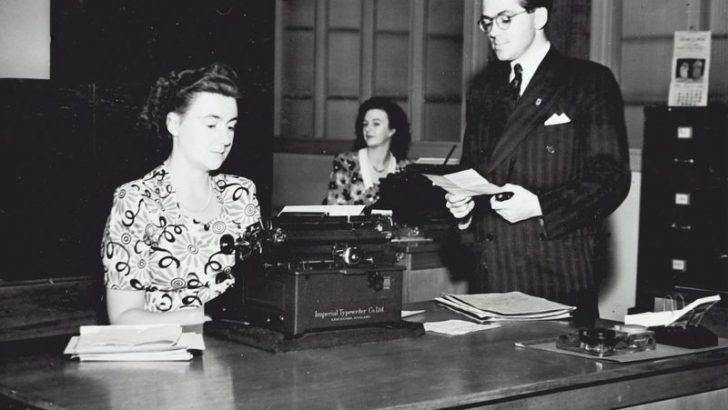The workforce has undergone significant transformations over the decades. Jobs that were once revered and sought after by the Boomer generation now seem less appealing or even unfathomable to many in Gen Z. Shaped by technological advancements, evolving societal values, and an ever-changing economic landscape, the aspirations and career paths of these generations differ drastically.
The jobs that boomers held with pride may not align with the modern ethos or lifestyle preferences of today’s youth. Let’s explore some of these roles that, despite their former prestige, are now often overlooked or rejected by the new generation.
1. Travel Agent

Once the gatekeepers of wanderlust, travel agents meticulously planned vacations, ensuring every detail was perfect. With the rise of digital platforms, younger generations prefer booking and planning themselves. Travel agents used to have extensive knowledge of destinations and connections with hotels and airlines. Today, Gen Z can accomplish the same with a few clicks. The personalized service, though valued by some, is often deemed unnecessary. Many younger travelers enjoy the process of researching and creating bespoke travel experiences on their own, finding joy in the discovery and spontaneity that digital tools provide.
2. Telephone Operator
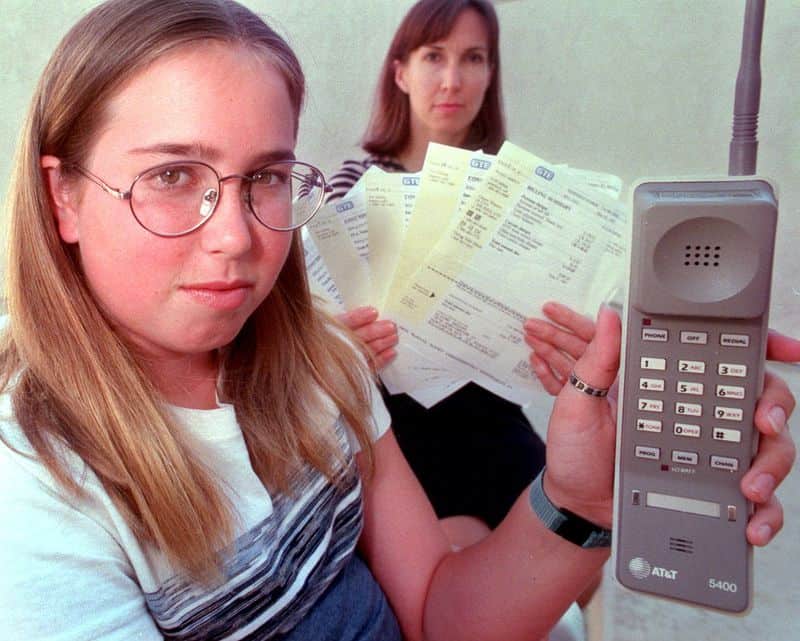
In a time when direct dialing was a novelty, telephone operators were the vital link connecting individuals across distances. Mastery over vast switchboards, they efficiently and swiftly connected calls. Gen Z, raised in an era of smartphones and instant messaging, finds such roles obsolete. The charm of a human voice directing calls has been replaced by automated systems. While once a respected position, it has become a relic of a bygone era. Young individuals today value speed and efficiency, often preferring the impersonal yet quick service technology offers over human interaction.
3. Milkman

The daily clink of milk bottles was a familiar sound in many neighborhoods. Milkmen delivered fresh dairy directly to doorsteps, building community ties along their routes. With the advent of supermarkets and online grocery shopping, this role has faded into nostalgia. Many Gen Z individuals have only heard stories of milkmen from older relatives. The convenience of all-in-one shopping and the shift towards plant-based alternatives further diminished the demand. While once a vital community role, the job of a milkman now seems quaint, and the personal touch is often replaced by the convenience of modern delivery systems.
4. Video Store Clerk

Video stores were the hub of entertainment, where clerks recommended the latest movies. Gen Z, accustomed to streaming services, finds the concept of physical rentals outdated. Video store clerks curated a personalized movie experience, offering insights and suggestions based on preferences. The tactile experience of browsing aisles has been replaced by digital algorithms. While the personal interaction is missed by some, the vast digital library available at one’s fingertips is a strong lure. This job, once a staple for movie enthusiasts, has all but disappeared, reflecting the broader shift in media consumption habits.
5. Typist

In offices of the past, typists were crucial for maintaining documentation, typing up reports, and correspondence. Mastery over the typewriter was a respected skill. Gen Z, immersed in digital technology from a young age, finds this role antiquated. With word processors and speech-to-text software, typing skills, while still important, don’t hold the same prestige. The evolution of office work towards digital solutions has rendered the traditional typist almost obsolete. While accuracy and speed in typing remain valued, the environment and tools have changed drastically, making this once-revered job largely unnecessary today.
6. Switchboard Operator
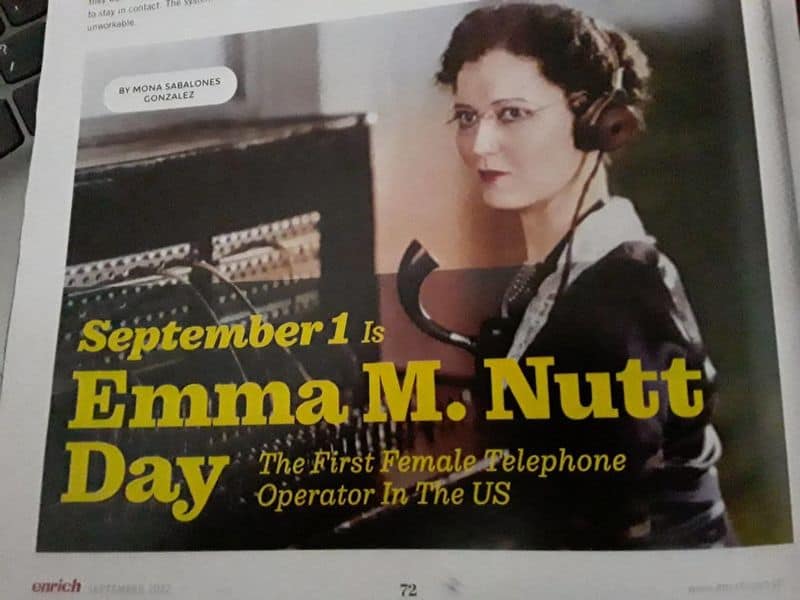
Switchboard operators were the human routers of telephone communications, expertly connecting calls. As telecommunications technology advanced, the need for human operators dwindled. Gen Z, growing up with smartphones, sees this job as a relic. The intricate dance of cables and plugs has been replaced by seamless digital exchanges. While once vital for connecting people, this role’s manual nature is at odds with today’s instant communication methods. The nostalgia for the personalized service exists, but the efficiency and speed of modern communications leave little room for such positions in the current job landscape.
7. Newspaper Delivery Person
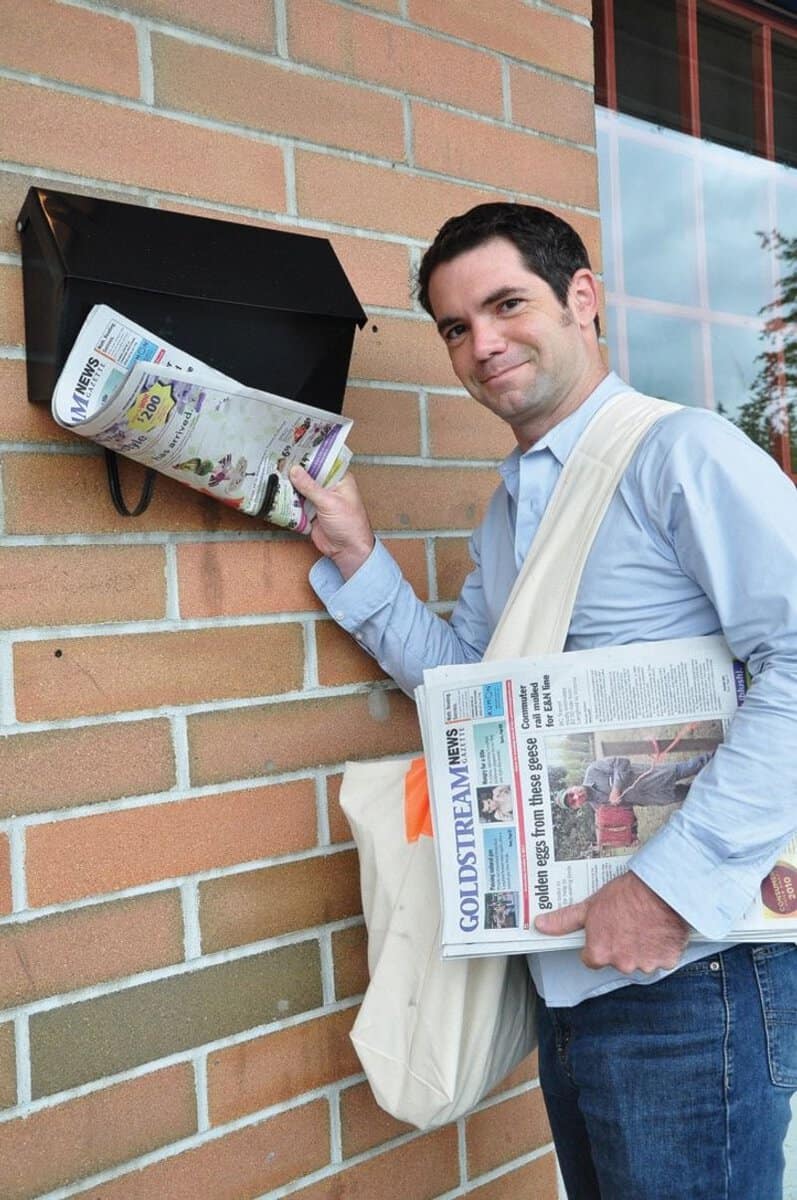
Before the digital era, newspaper delivery was a common job for young people, fostering responsibility and work ethic. As news consumption shifts online, the demand for print newspapers has waned. Gen Z consumes news through digital means, often accessing information via social media platforms. The morning ritual of receiving a physical paper is fading, replaced by instant updates. While the job taught valuable skills, its necessity has diminished. The decline of print media and rise of digital alternatives have all but erased this job from the list of opportunities for the younger generation.
8. Projectionist
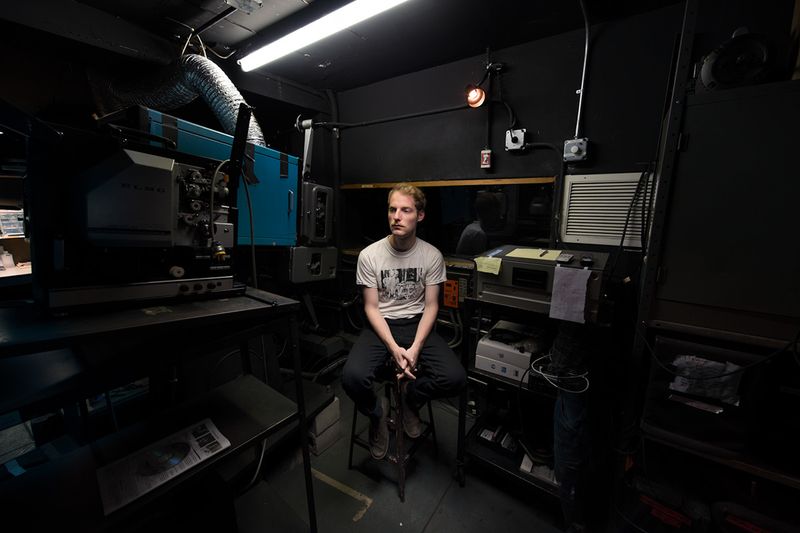
Projectionists brought the magic of movies to life, skillfully operating complex machinery. With the advent of digital cinema, the art of film projection is nearing extinction. Gen Z, accustomed to digital screenings, rarely considers the projectionist’s craft. The intricacies of threading film and adjusting focus are replaced by automated systems. While some appreciate the nostalgia and skill, the demand for such expertise dwindles. The convenience and clarity of digital projection overshadow the charm of the traditional methods. As movie theaters evolve, the role of a projectionist becomes a vestige of cinematic history.
9. Door-to-Door Salesperson
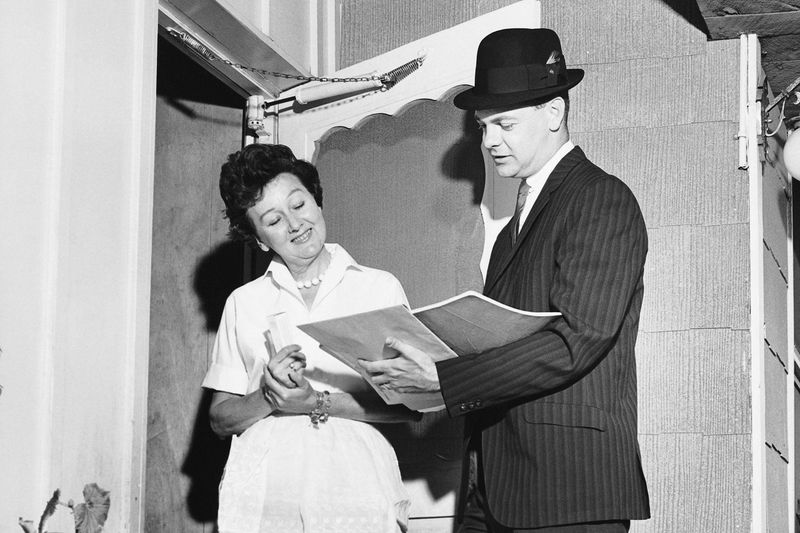
The door-to-door salesperson was once a familiar figure, bringing goods and services directly to consumers. With the rise of e-commerce, this personal selling method has declined. Gen Z prefers online shopping for convenience and variety. The unpredictability and personal interaction involved in door-to-door sales are less appealing. Although it offered a personal touch and potential for building customer relationships, the modern consumer values speed and variety. The role, while still existing in limited forms, lacks the prevalence and respect it once commanded, as online platforms continue to dominate the retail landscape.

Well, hello there!
My name is Jennifer. Besides being an orthodontist, I am a mother to 3 playful boys. In this motherhood journey, I can say I will never know everything. That’s why I always strive to read a lot, and that’s why I started writing about all the smithereens I came across so that you can have everything in one place! Enjoy and stay positive; you’ve got this!

